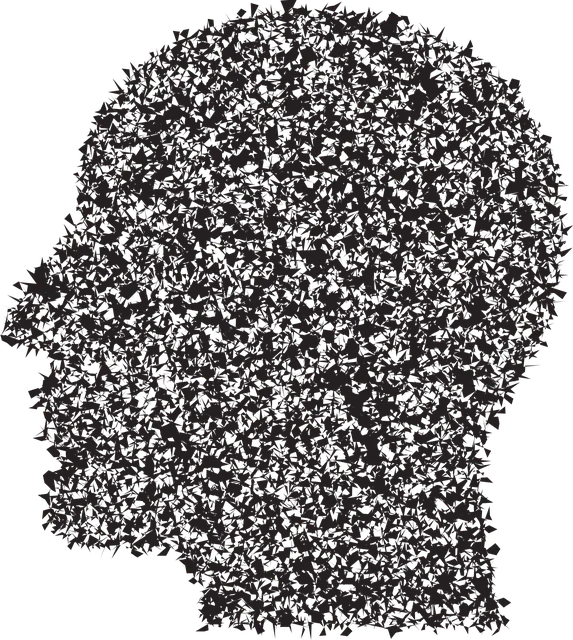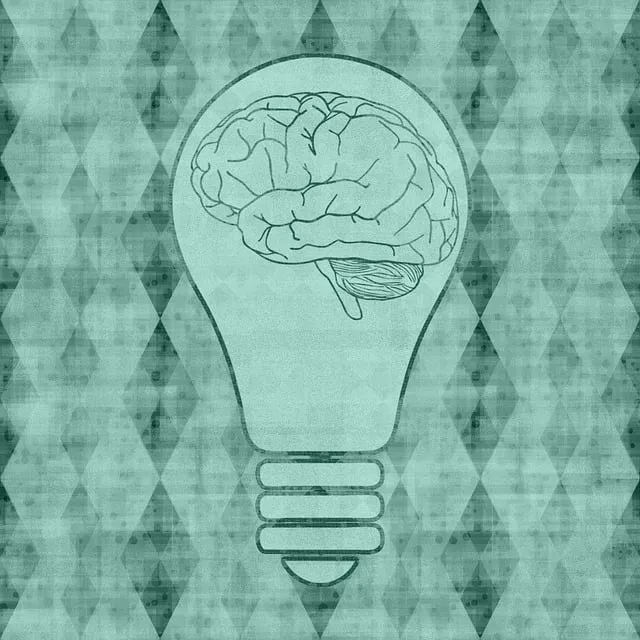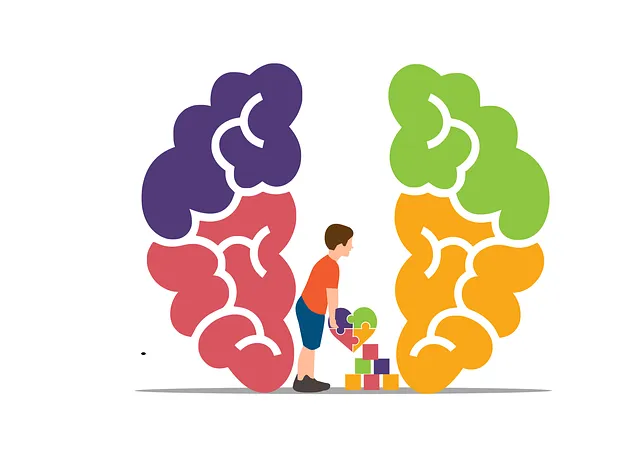Centennial Kaiser Permanente mental health locations champion resilience through their Resourceful, Flexible, and Mature (RFM) framework, a holistic approach to mental well-being. This method cultivates coping skills, promotes a growth mindset, and enhances emotional regulation using tailored exercises like group discussions, art therapy, and mindfulness meditation. By integrating RFM into care plans, they empower individuals to view setbacks as opportunities for growth while aligning with Mental Health Policy goals. Their data-driven approach ensures continuous improvement in resilience-building programs, benefiting both patients and healthcare providers.
“In today’s fast-paced world, resilience is a vital asset for navigating life’s challenges. This article explores an innovative approach to building mental strength through the RFM (Resilience, Flexibility, and Mastery) framework. We delve into how organizations like Centennial Kaiser Permanente are utilizing RFM to enhance mental health support at their locations. By examining practical strategies and real-world implementations, we provide insights on designing effective resilience-building exercises, ultimately fostering a healthier and more resilient community.”
- Understanding RFM: A Framework for Resilience
- The Role of Centennial Kaiser Permanente in Mental Health Support
- Designing Effective Resilience Building Exercises
- Implementing RFM at Mental Health Locations
- Measuring Success and Continuous Improvement
Understanding RFM: A Framework for Resilience

Resilience is a critical component of mental well-being, enabling individuals to navigate life’s challenges with strength and adaptability. This is where RFM—a framework developed by Centennial Kaiser Permanente mental health locations—enters the picture. RFM stands for Resourceful, Flexible, and Mature, representing key traits that foster resilience. By understanding and cultivating these attributes, individuals can enhance their coping skills development and better manage stress, anxiety relief becoming more attainable.
At the heart of this framework is the belief that resilience isn’t just about overcoming adversity but also about how we choose to respond to it. Encouraging a growth mindset, RFM equips people with self-care practices that empower them to view setbacks as opportunities for learning and personal growth. This proactive approach, backed by evidence from Kaiser Permanente’s mental health locations, promises lasting benefits in terms of improved emotional regulation, enhanced problem-solving abilities, and better overall well-being—all essential components of a resilient mindset.
The Role of Centennial Kaiser Permanente in Mental Health Support

Centennial Kaiser Permanente stands as a beacon of hope and resilience in mental health support, with its strategic locations offering comprehensive services tailored to diverse communities. Through their dedicated mental health professionals, they provide a range of programs aimed at fostering mental wellness. Among these, Mental Wellness Coaching Programs Development plays a pivotal role in empowering individuals to navigate life’s challenges with increased resilience.
The organization’s commitment extends to various practices such as Mindfulness Meditation and Mental Wellness Journaling Exercise Guidance, ensuring holistic support for those seeking to enhance their emotional well-being. By integrating these strategies, Centennial Kaiser Permanente not only addresses acute mental health concerns but also equips individuals with lifelong coping mechanisms, fostering a culture of resilience within communities served by its numerous locations.
Designing Effective Resilience Building Exercises

Resilience building exercises are a crucial component of fostering mental wellness, and when tailored to meet the unique needs of individuals at Centennial Kaiser Permanente mental health locations, they can be incredibly effective. Designing such exercises requires a deep understanding of the target audience and their specific challenges. For instance, group sessions that encourage open discussions about mental illness stigma reduction efforts can create safe spaces for sharing experiences and building support networks. Incorporating activities like mindfulness practices or creative outlets, such as art therapy or journaling exercises, allows individuals to explore healthy coping mechanisms and enhance self-expression.
Effective guidance on mental wellness journaling exercise can be integrated into these sessions. Encourage participants to reflect on their emotions and thoughts through structured prompts, which not only promote self-awareness but also serve as valuable tools for stress reduction methods. By combining these exercises with professional support and a nurturing environment, Centennial Kaiser Permanente can empower individuals to build resilience and improve their overall mental health outcomes.
Implementing RFM at Mental Health Locations

At Centennial Kaiser Permanente mental health locations, implementing Resilience, Flexibility, and Mindfulness (RFM) exercises has emerged as a powerful strategy to enhance patient care and promote emotional well-being. These programs are designed to equip individuals with tools for stress management, fostering better mental health outcomes in line with the goals of Mental Health Policy Analysis and Advocacy. Through structured activities, patients learn to navigate life’s challenges with resilience, a key aspect of maintaining good mental wellness.
The RFM approach encourages emotional regulation by teaching mindfulness techniques that help individuals stay grounded in the present moment. This is particularly beneficial for managing anxiety and depression. By integrating these practices into treatment plans, Centennial Kaiser Permanente aligns itself with the broader mission to advocate for comprehensive mental health services. The ultimate aim is to empower patients with skills that support their long-term emotional regulation, ensuring they can thrive despite life’s inevitable ups and downs.
Measuring Success and Continuous Improvement

Measuring success and continuous improvement are vital components of any resilience-building program, especially at mental health locations like Centennial Kaiser Permanente. By setting clear goals and implementing effective metrics, practitioners can assess the impact of exercises designed to enhance emotional healing processes and burnout prevention strategies for healthcare providers. This data-driven approach allows for adjustments to be made in real time, ensuring that each session aligns with participants’ evolving needs.
For instance, tracking self-esteem improvement through pre- and post-program assessments provides tangible evidence of progress. If the results show a significant boost in self-perception, it confirms the success of the exercises and offers insight into what aspects resonate most with participants. This information is invaluable for refining future sessions, ensuring that resilience-building initiatives remain dynamic, relevant, and effective in supporting mental health professionals at Centennial Kaiser Permanente and beyond.
Resilience is a cornerstone of mental well-being, especially in today’s fast-paced world. The RFM framework, as discussed, offers a structured approach to enhancing resilience, and its implementation at Centennial Kaiser Permanente mental health locations has shown promising results. By integrating effective resilience-building exercises tailored to individual needs, these facilities are fostering an environment that promotes strength and adaptability. Continuous improvement through measured success ensures that the program remains dynamic and relevant, ultimately contributing to improved patient outcomes and a more resilient community.






